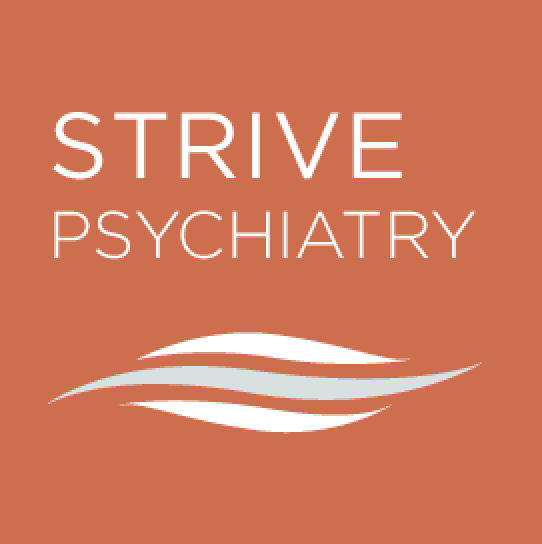Narcissistic Personality Disorder (NPD) is one of 10 conditions within the personality disorder family. Read more about Personality Disorders here. In particular, traits of NPD include an inflated sense of self-importance, superficial relationships, and a persistent need for admiration. While individuals with Narcissistic Personality Disorder can be quick to critique others, they often struggle with issues of self-esteem, which can, in turn, reinforce dismissive and callous behavior. Having NPD, like many personality disorders, makes building healthy relationships difficult, and those with NPD tend to perform poorly at work and in school.
The ability to diagnose NPD is crucial as the criteria are constantly evolving. With a proper diagnosis, however, individuals with NPD can find support and relief from their symptoms, and live more fulfilled lives.
